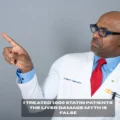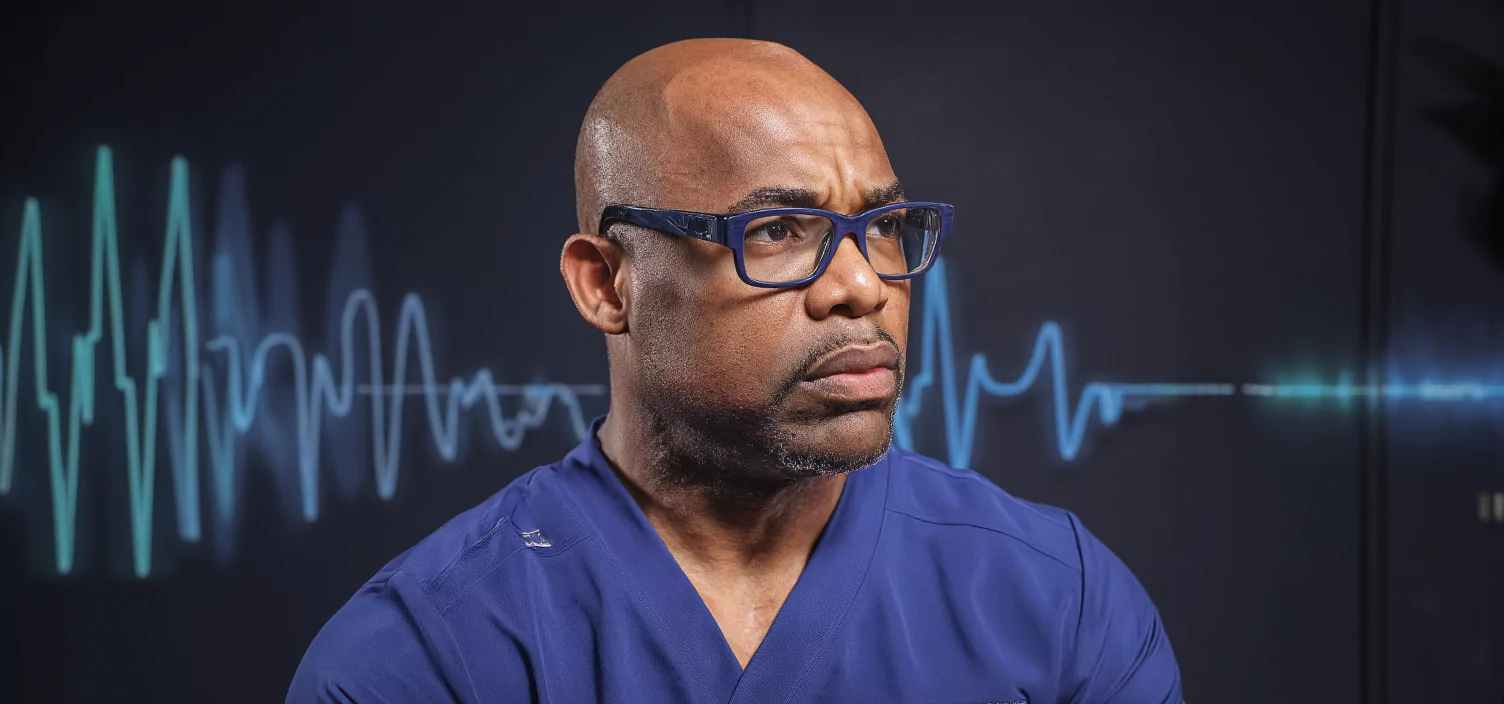Listeners:
Top listeners:
-
play_arrow
2 AM Lab Resolve Dilemma
-
 play_arrow
play_arrow
Before You Start Ozempic — Watch This
-
 play_arrow
play_arrow
Statins and Muscle Damage? The Deadly Lie TikTok Won’t Tell You
-
 play_arrow
play_arrow
600-lb Life Tragedy: How The Lie That "Your Mother Loves You" Nearly Killed Sean Milliken
-
 play_arrow
play_arrow
I Feared Diabetes… Got a Heart Attack
-
 play_arrow
play_arrow
I Treated 1,000 Statin Patients: The Liver Damage Myth Is False

- arrow_back Home
- keyboard_arrow_right Dr Albert Takem
The Celebrity Weight Loss Lie: Unveiling the Stigma That Harms Us All
Dr Albert Takem MonamiTeam November 4, 2022

The Celebrity Weight Loss Lie: Unveiling the Stigma That Harms Us All
From red carpets to magazine covers, celebrity bodies have always been a cultural currency. They dictate trends, set standards, and often influence our own relationship with our bodies. For decades, the narrative was simple: weight loss was a matter of discipline, willpower, and hard work. Celebrities who shed pounds would attribute their transformations to grueling workout routines, restrictive diets, and exclusive wellness retreats. But recently, a new factor has entered the conversation: GLP-1 medications.
These groundbreaking drugs, like Ozempic and Wegovy, have revolutionized the medical approach to obesity. Yet, in the public eye, they’ve been met with a combination of fascination, suspicion, and outright silence. In his video, “The Celebrity Weight Loss Lie,” Dr. Albert Takem masterfully dissects this cultural phenomenon, revealing how the secrecy of Hollywood’s elite is fueling a dangerous stigma that harms everyday people. He argues that by crediting their transformations to “yoga, celery juice, and intentionality” while hiding their reliance on medication, celebrities are perpetuating a lie that reinforces shame and creates real-world barriers to healthcare.
The Problem with Public Silence
GLP-1 receptor agonists are a class of medications that mimic a natural hormone in the body. They work by slowing down digestion, regulating appetite, and improving insulin sensitivity. For people with obesity, which is a complex chronic disease, these medications can be truly life-changing, leading to significant weight loss and improved metabolic health. Studies have shown they can reduce the risk of cardiovascular events, improve blood sugar control, and enhance a patient’s overall quality of life. For more on how these drugs work, check out this detailed explanation from the Cleveland Clinic.
Despite their proven clinical benefits, a deep-seated stigma persists. The conversation around weight loss medication often frames it as “the easy way out” or “cheating.” This narrative implies that weight loss must be a struggle to be “earned,” and that using a medical tool for help is a sign of personal failure. This toxic mindset is amplified by celebrity silence. When a star suddenly appears at an awards show looking dramatically different, they are praised for their “dedication.” But when they refuse to acknowledge the role of medication, they are implicitly validating the idea that it’s something to be hidden.
This isn’t just a matter of personal privacy. As Dr. Takem points out, this silence is political. When public figures and influencers hide their use of GLP-1s, they normalize the very shame that prevents others from seeking help. This reinforces the misconception that these are “vanity drugs” for those who want a quick fix, rather than a legitimate form of healthcare.
Oprah’s Powerful Exception
In this climate of secrecy, one of the most influential women in the world has chosen to be open. Oprah Winfrey, a figure whose decades-long weight journey has been a matter of public record, has openly discussed using a weight loss medication. In a candid interview, she reflected on her journey and admitted that for years she had believed “thin people” simply had more willpower. She had an “aha” moment when she realized that GLP-1 medications quiet the “food noise” that had plagued her for years—the constant, intrusive thoughts about food that many people with obesity experience. You can read more about Oprah’s perspective in this article from People Magazine.
Oprah’s transparency is a powerful antidote to the shame-based narrative. By sharing her story, she is effectively saying: “If I, the person most publicly shamed for my weight, am not ashamed to use this tool for my health, you shouldn’t be either.” Her willingness to be vulnerable is a rare and courageous act that has the potential to change the conversation for millions. It underscores the fact that using these medications is not a moral failing, but a legitimate medical decision.
The Real Cost of Celebrity Silence
The public’s perception of these drugs as a superficial shortcut has a devastating impact on those who need them most. Insurance companies, swayed by the “vanity drug” narrative, are increasingly cutting coverage for GLP-1 medications, leaving many patients to face a monthly cost of over $1,000. This disproportionately affects women, people of color, and those from lower-income backgrounds, for whom the option of “paying out of pocket” is simply not a reality. For a deeper look at the insurance challenges, this report from the KFF (Kaiser Family Foundation) provides valuable context.
Furthermore, doctors are facing pressure and skepticism from patients who have been misled by misinformation. Patients who do get a prescription are often met with judgment from friends, family, and even members of their own communities, who echo the “cheating” narrative. Dr. Takem’s video highlights the tragic irony: while celebrities can afford to hide their use and pay for the medication themselves, the very people who would benefit most are left to navigate a system that dismisses their medical needs.
Flipping the Script: This Is Healthcare
It’s time to flip the script. We need to reframe our understanding of obesity and the tools available to treat it. Obesity is not a character flaw; it is a complex metabolic disease influenced by genetics, environment, and biology. It’s an area of medicine that has been underserved and stigmatized for too long.
We wouldn’t expect someone with high blood pressure to manage their condition solely through diet and exercise without considering medication. We don’t judge people who use statins to lower their cholesterol. So why do we apply a different moral standard to obesity?
Dr. Takem’s message is a call to action for all of us. We shouldn’t have to wait for celebrities to speak out to legitimize our own health journeys. Whether you are a public figure or a regular person, if your doctor prescribes a GLP-1 medication, you are not weak, and you are not cheating. You are simply taking care of your health, period. This is not a “diet” or a fad. This is medicine. This is science. This is a fundamental right to fight for your health without shame.
The next time you see a jaw-dropping celebrity transformation, consider the whole story. Instead of buying into the lie of willpower and celery juice, ask yourself: Why are they hiding the truth? The answer, as Dr. Takem makes clear, is that their silence is the heaviest weight of all, and it’s time we all set it down.
Search
Latest tags
Blog News
Premium Podcasts
We tackle the health topics no one else wants to touch
—From obesity and high blood pressure
—To emotional eating and medication resistance
—To cultural myths that keep people sick
My mission is to deliver evidence-based truth—no sugarcoating, culture-aware, and guided by medicine.
Popular Links
© Dr Albert Takem


Be the first to leave a comment